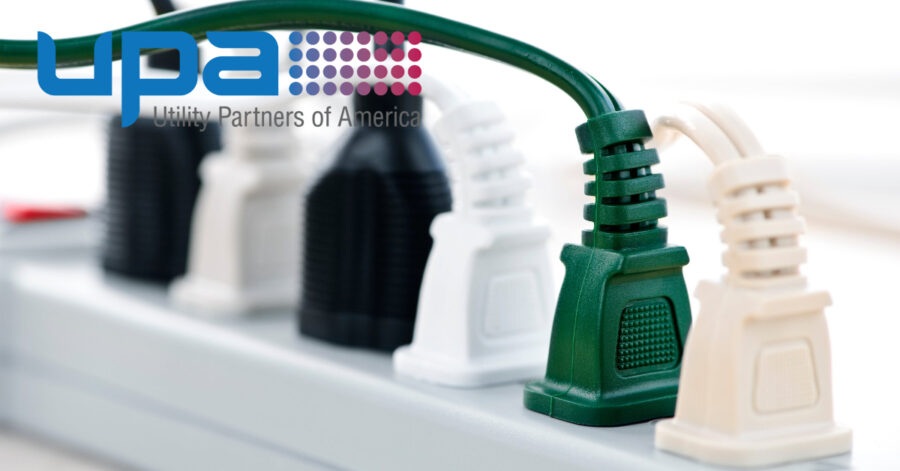You know what they say: safety first. When it comes to keeping you and your family safe, knowledge is critical. We wanted to do our part by relaying a few of our favorite basic tips. Here’s our take on how to stay safe when working with or around electricity.
Confirm equipment is in working order prior to use
This is one of the first things anyone working with or around electricity should do. Before using any electrical equipment, always perform a thorough check of the device to ensure it’s in good working order. Make sure equipment is properly connected, grounded, and has no frayed or stripped components before use.
Related: Safety Considerations: Three Tips for Preventative Maintenance
Use extension cords with caution
Extension cords are a necessity on the job site, but they also pose a considerable hazard if not used with caution. First, you should never use an extension cord as permanent wiring. If you do use one temporarily, be sure to only unplug an extension cord in by the head of the plug. Pulling on the actual cord can damage the cord’s integrity, increasing the risk of a future electrical injury. Lastly, avoid hanging electrical equipment from an extension cord in use.
Use permanent wall receptacles for high-amp equipment
The next tip is extension cord-related specifically involving larger high amp equipment. Things like portable air conditioners, space heaters, and countertop microwaves. Plug these devices directly into a permanent wall receptacle as opposed to an extension cord. High-amp equipment must be plugged into a permanent wall receptacle to help keep users safe.
Know your limits
Today’s utility workers are highly specialized. Some even have extensive experience in one particular type of task. An employee trained or qualified to work with electricity mustn’t overstep their bounds. This especially includes accessing, using, or altering a structure’s electrical service or circuit breaker panels.
Related: Electrical Shock Prevention for Utility Technicians
Stay dry
We all learned early in life that water and electricity don’t mix. Even something as innocent as sweaty hands can be a hazard as it can increase an electric current’s conductivity. Keeping a dry towel nearby on those hot summer days is a good idea.
Make proper PPE a priority
It probably goes without saying, but there’s more to PPE than just hard hats — especially when electricity is in the equation. Before starting a task, double-check to ensure you’re wearing the right type of PPE and that it’s up to the standards for what the job requires. Safety goggles, insulated rubber gloves, and flame-resistant clothing can protect workers from flash fires and electric arcs.
Related: PPE Inspections and Why They’re Important
Be vigilant at all times
If there’s one overarching theme here, it’s this one: Be vigilant at all times. When it comes to electricity, assumptions cause injuries. Treat all electrical devices and environments as if they are live. Remember, the only way to know for sure something is safe is to check for yourself. Additionally, steer clear of metallic rulers, pencils, rings, and watch bands while working. If possible, try working with one hand, keeping the other away from material that may be conductive. Doing so could prevent electric current from passing through your chest in the event of an incident.
Related: Core Value # 1: Safety First
UPA has partnered with utilities and energy cooperatives for more than 20 years. If you have questions about what else you could be doing to keep you or your workers safe? Call (888) 667-1411 or contact us today.




